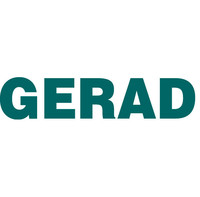Chaire de recherche du Canada en distributique | GERAD : Modeling uncertainty in pre-positioning of emergency supplies
514-340-6053 poste 6979
Site Web
2500, chemin de Polytechnique
Montréal, QC Canada
H3T 1J4
Site Web | Itinéraire et carte
Consulté 839 fois

In this talk, the problem of pre-positioning emergency supplies in the context of disaster relief is presented. When a disaster occurs, the response has to be prompt and effective. Emergency supplies have to be located in easily accessible locations and their amount should be sufficient to cover the demand.
The underlying location-allocation problem has recently received large attention and many variants have been studied. Most of the solution approaches proposed in the literature are based on stochastic optimization algorithms, where uncertainty is modelled by scenarios.
The limited amount of historical data makes the process of generating scenarios and their associated probabilities a challenging task. Inadequacies may lead to unreliable estimates and this can discourage practitioners in adopting optimization techniques.
In this study, we are interested in modelling the probability of occurrence of a disaster using an alternative technique. Motivated by recent studies in distributional robust optimization, we construct an ambiguity set of distributions to model the occurrence of disasters. Extreme Value (EV) distributions are used to model the likelihood of occurrence of strong disasters. Historical data are employed to calibrate the distribution of the parameters of the EV distribution, using Bayesian inference.
In this talk, we present an Integer Linear Programming formulation based on this ambiguity set and compare our results with those of an alternative uncertainty modelling technique from the literature. Our case study is based on real data from Turkey, where earthquakes are the most common natural disasters. We believe that our simple technique to estimate the likelihood of an earthquake may lead to reliable results and encourage practitioners to use optimization techniques.



